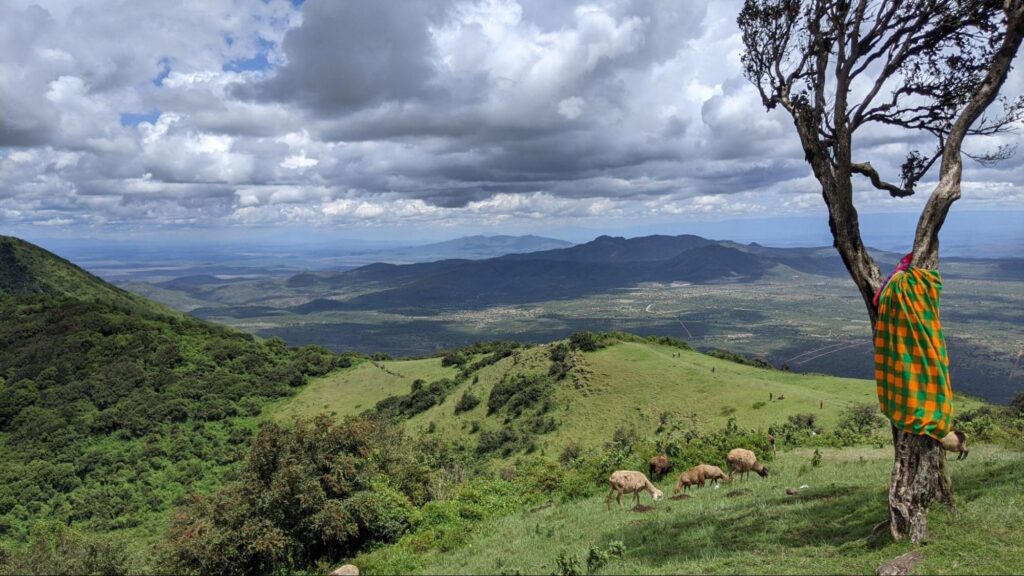East Africa, Storytelling, Cultural Heritage, Conflict Prevention, Interethnic Dialogue

Indigenous Leadership Systems is a project designed to promote peace, social cohesion, and understanding among community members with different backgrounds, such as ethnicity, age, gender and religion, in Nairobi, Kenya. It involves informal gatherings in which different community members share their indigenous heritage practices and roles. For example, they talk about the role of a grandmother as a community leader and what it means today for younger generations; the role of aunts and uncles in solving conflicts within a family; or the power of women’s word as a law in indigenous communities.
Alongside conversations, different arts are being practiced such as singing dancing or creating a new artefact, using them as prompts to reduce tensions and ease up conversations. The project creates opportunities for the elderly to share their life experiences and cultural wisdom with young girls and boys, thus fostering intergenerational transfer of knowledge and preserving indigenous traditions.
Post-colonial Africa has disregarded the structural leadership heritage that was intact for years. The role of elderly, particularly women leaders, had significance in dealing with issues such as child abuse, domestic violence, divorce etc… With globalisation, modernisation and urbanisation, some aspects of traditional Kenyan culture have been forgotten or significantly diminished over time. With no structural leadership and intergenerational transfer of knowledge, intra-communal disputes are harder to solve, leading to an increase of violence and lack of understanding.
Despite the challenges, many indigenous traditions continue to play a significant role in shaping the cultural identity of Kenya, awareness and pride in indigenous cultures among Kenyan youth.

Storytelling and story-sharing by elderly leaders in a community
Music and dancing are valuable intangible cultural heritage to diverse Kenyan ethnic communities
Indigenous traditions and customs being transferred by word of mouth


Empowered vulnerable groups, like women and youth, providing them with platforms for expression and leadership development. Harmful cultural practices, such as female genital mutilation (FGM), have been addressed through intergenerational dialogues, potentially discouraging them and improving gender relations.

Sharing of intangible cultural heritage and indigenous knowledge among different ethnic groups engaged them in dialogue, fostered sharing of common values and general understanding which could eventually prevent future hostilities.

By sharing differences among community members, the project showed that there are more similarities in culture rather than disparities, which creates a bond among participants and could prevent potential future violence in the long run.

When I started listening to music from your community, it connected me. It speaks differently. It invites me. When you also listen to music from my community, it invites you to a different level.
